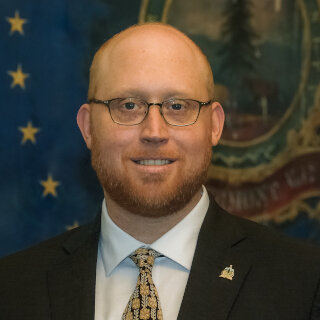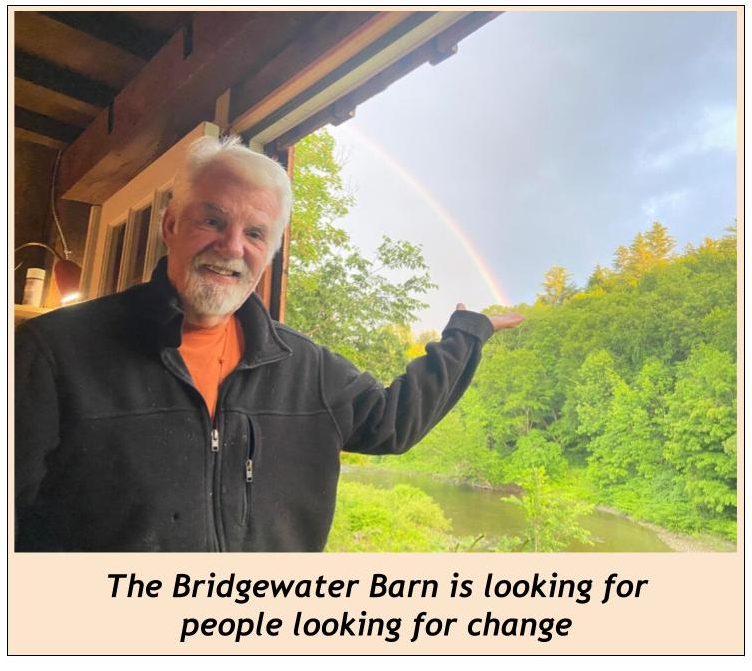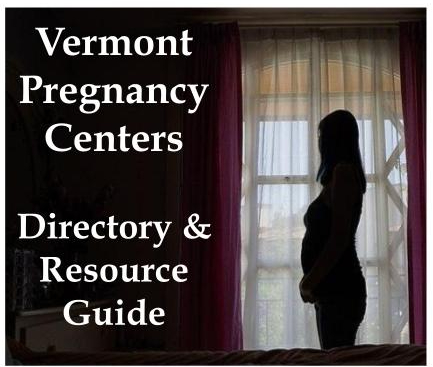Act 250 partly to blame for non-white Vermonters’ lack of housing equity and generational wealth



The chair of the House policy-making committee for housing last week wouldn’t allow a vote on an amendment to S100 creating a 25-unit housing unit exemption from Act 250.
As reported in the weekly newsletter of the Lake Champlain Chamber, a jurisdictional skirmish boiled over in the House Committee on General and Housing Thursday, April 13 as committee members felt frustrated over the lack of input they could provide on S.100, the HOME Act housing bill sent to them by the Senate.
At the start of the biennium, the committee’s jurisdiction was whittled down, removing jurisdiction over military affairs, the Department of Liquor and Lottery, and cannabis. The great promise of this was that the committee would be able to spend more time addressing the number one concern of Vermonters, housing. However, when the HOME Act was sent to the committee, they were given just one week to review the bill and were prevented from having discussions on regulatory or Act 250 matters.
Rep. Caleb Elder, a Starksboro Democrat, presented an amendment that garnered support from most of his committee that would have addressed barriers that Act 250 presents for housing creation by:
- Classifying the creation of four or fewer houses as not being “development,”
- Expanding the trigger that pulls a builder into Act 250 if they produce more than 10 units within five years and five miles to be for those that produce 25 units, and
- Creating the ability for a redevelopment of a site with an existing Act 250 permit into housing without a permit amendment so long as the redevelopment was less than 25 units.
This amendment was not voted on by the committee, as the Chair has the ability not to bring items to a vote. If the amendment had come to a vote, it might very well have passed, part of a recurring trend where the majority of the Legislature supports modernizing the state’s 50-year old land-use law. However, leadership prevents it.
Elder urged the housing policy committee members to weigh in on Act 250 – long the ‘property’ of House Energy and Environment and its powerful chair, Rep. Amy Sheldon (D-Middlebury). “This year I think we can plant a flag for the housing issue and say look, zoning and act 250 affects housing, and people working in housing are going to have some information people not working in housing aren’t going to have,” Elder said. “If we just stick with the silos we’ve always had we’ll get the same results we’ve always gotten.”
Elder – a liberal Democrat – also spoke about the elephant in room: Act 250 historic harm on racial equity.
“The goals of Act 250 were laudable in some ways and pretty terrible in other ways. Act 250 was created (1970) at a time when there were a lot of cities burning, there were a lot of people who didn’t want what was happening in New Jersey to happen in Vermont and it was a kind of like a ‘stay out of Vermont law,’” Elder said. “If we’re honest, the lack of highways coming to the area probably also contributed to that, we didn’t see a lot of net migration of non-white Vermonters, but Act 250 certainly played a role and continues to play a role.
“There are aspects of act 250 that are inherently exclusionary, like if we don’t broaden the map and have housing popping up across our state, which is so badly needed and is the foundation of so much of our social inequity,” Elder said.
“We are the committee that work on the land access opportunity board [for minority property ownership],” Elder added. “We know that somebody’s ability to generate generational wealth happens from ownership.”
Then it was time for Chair Tom Stevens to announce his decision:
“The portfolio of our committee at this time does not include Act 250,” the Waterbury Democrat said. “It is the boundary I have been given…. I don’t know didly about Act 250.” He said he would vote against Elder’s amendment even if he allowed the vote, “which I’m not going to do.”
Elder then lambasted the House leadership decision-making process on housing as unresponsive, untransparent ‘gaslighting.’
A Republican lawmaker agreed with Elder’s criticism of top-down decision making on Act 250 jurisdiction. Whoever’s making that call, “it’s not our constituents, who as their rep-re-sentatives we have been elected to rep-re-sent,” Rep. Joe Parsons (R-Newbury) said, stretching out ‘represent’ both times.
Stevens did promise to request a joint committee meeting with Energy and Natural Resources. It was noted that such a meeting would have less impact after House Housing and General voted for the bill, despite the concerns raised.
After the 8-4 vote – with Elder and GOP Reps. Ashley Bartley, Parsons, and Larry Labor voting no – the bill now heads to the House Committee on Energy and Environment, where some fear any progress on reforming Act 250 may be lost.
Elder promised that without at least one change in Act 250 housing restrictions, he won’t vote for S100 on the floor.
Compiled by editor with content sourced from Lake Champlain Chamber newsletter and April 13 House General meetings recorded on Zoom.
Categories: Legislation






I always thought Act 250 was enacted to prevent native Vermonters from building “sub-standard” housing or trailer parks on their own land because it would ruin the Elite transplants’ views from their idyllic McMansions.
I wonder if Elder is aware of the the consequences not being a good boy and disobeying the script?